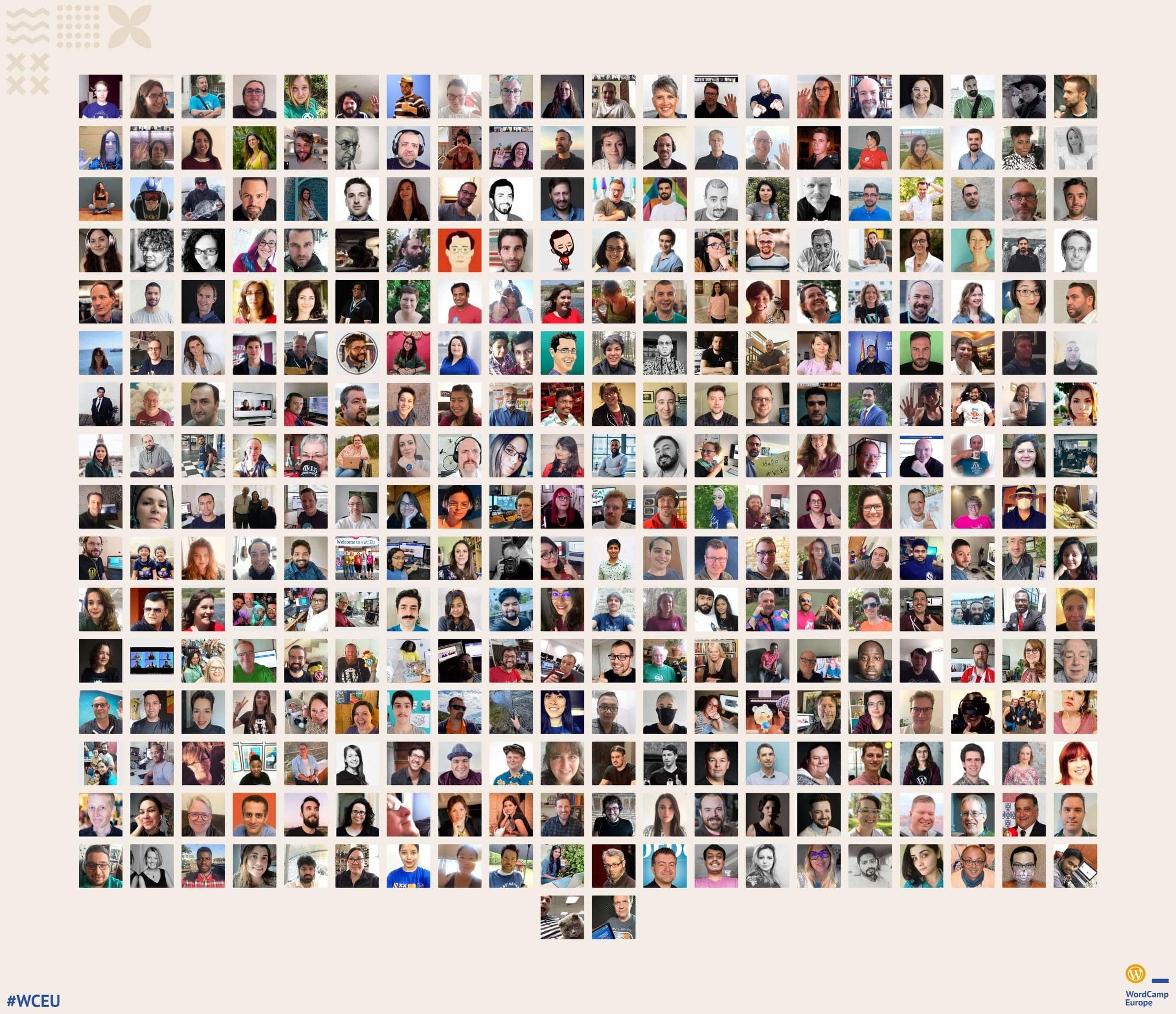My notes from the online version of WordCamp Europe back on the 5th June 2020. As I watch the videos and add my notes I’ll update the content on this page.
Friday – Track One
Sustainable freelancing – Wendie Huis in ‘t Veld (2:15:23)
- Take care of yourself – Look after yourself like you would look after a child
- Set healthy boundaries – One example Wendie gave was asking for all website content to be provided upfront before she begins a project, this helps her build websites on time.
- Make things easy on yourself – Remove or delegate jobs you don’t like, automate what you can, systemise what you have to do
- Give yourself permission to make mistakes – Write permissions down, it’s a helpful reminder
- Get support with other people – Have people you can talk to and that will hold you accountable
- Make time to have fun
- Make changes in small steps
WordPress performance – Hristo Panjarov (2:58:58)
- Keep your plugins and WP core undated. Many updates include speed enhancements
- Make sure using Opcache
- Preloading in PHP 7.4 brings further speed improvements
- PHP 8 due for release later this year which brings further speed improvements
- Use WebP formatted images, can be 2-3 times smaller than JPEG
- Load only critical CSS at the start of the page. Everything else should load as needed. Can be difficult to implement manually
- You should minify JS, CSS and HTML files if possible
- User server-side full page caching such as Varnish or NGINX
The art of building better websites with science – Ruth Raventós (3:44:03)
- What is the goal of your website? Get more visitors or increase conversions
- CRO (Conversion Rate Optimisation). Either blindly make changes and hope for the best or apply a process and make changes based on results
- In CRO: Your opinion doesn’t matter, and hacks and best practices don’t always work
- CRO process – Plan -> Measure -> Prioritise -> A/B test
- What is your customer funnel? How do they find your site? What do they do on your site? Do they take action? Are you measuring this?
- Assess your page against five criteria and how you can improve them: Relevancy, Clarity, Friction, Distraction, Value
- Use Google Analytics to set up measurement and KPI tracking. Also, identify leaks, where do people who don’t buy go to
- Use scroll maps, click maps and pointer heat maps, customer surveys and user reviews are also really useful to see exactly how people use your site
- Look for easy wins and changes that will create the most value
- Review the issues and propose a hypothesis
- Decide on a change and split the traffic between the page variations
- Not all of your ideas will be successful. For example, tried adding banners and video to their pages and these were either ignored or did not increase clicks. So make changes but test the results.
- Run tests for a full business cycle. This depends on how long it takes people to make a decision so could be a week to a month.
In conversation with Matt Mullenweg (4:29:10)
- A short demo of some upcoming improvements to the block editor
- Then a Q&A

